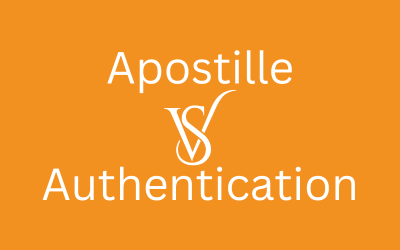One of the most valuable assets your business will ever have is its name. Your business name is more than what your company is called—it represents your brand’s identity and it’s a way for you to distinguish yourself from your competition. With your business name carrying that much weight, it makes sense to protect it.
As you start your business, consider these two approaches to prevent other companies from using your name and confusing your customers:
Business Name Registration
If you form an LLC or apply to incorporate a business in a state, your business name is automatically protected in that state after the state has approved your application. No other LLC or corporation will have the right to register their company under that name within the state. Just how different a name must be from another business name varies from one state to the next. For instance, one state may deem it perfectly fine to register “Linda’s Spa and Salon, LLC” when there’s an existing business registered as “Lynda’s Spa and Salon, LLC.” Another state might consider the name “Linda’s Spa and Salon” deceptively similar to the other business’s name.
Note that there are some limitations to state protection. Sole proprietorships and partnerships in that state can still use your name if they so desire; they just wouldn’t be able to form a corporation or LLC using your name. Also, just because you register your business name with the state doesn’t mean a business in another state can’t use the same name. In fact, they could even incorporate or form an LLC using your name, provided they do it in a state or states other than those where you’ve registered your name.
To decide if brand protection at the state level will be enough, I suggest you consider your type of business and business model. If you are opening a local retail store or restaurant, for example, it might not matter to you if another business uses the same name in a different state. How likely would customers be to confuse the two? Probably not at all.
On the other hand, if you have ideas of expanding your business nationally, or are planning to sell your products/services across the country, or have concerns that a partnership or sole proprietorship might use your name, then you might consider protecting your name with a federal trademark.
Federal Trademark Protection
The United States Patent and Trademark Office (USPTO) grants trademarks, which identify the source of products or services. A trademark can be a word, phrase, design, or symbol (or a combination of any of them) that distinguishes a company from its competitors. The USPTO can grant trademarks on distinctive names, logos, and slogans. As the owner of a trademark, you have exclusive rights to the mark. No one else may use it at either the state or federal level.
Expect to pay a little more for a trademark than you would for registering your name with the state. The base rate is $325 per class and it will cost more if you hire a professional to prepare the paperwork for you. It may take from six to 12 months for the USPTO to process your request. Although the process is more involved than registering a business name with the state, a trademark provides you with exclusive rights to your name in all 50 states—and trademarks have an unlimited lifespan, provided you comply with renewal requirements.
If you’re thinking about filing for a trademark, I suggest you do some initial homework so you don’t apply for a name that’s already in use. Don’t risk having your application rejected and losing the application fee you submitted.
First step: Conduct a free basic search to see if anyone has a pending application with the USPTO for your proposed trademark or anything similar to it.
Second step: Do a comprehensive name search to see if anyone is using your proposed name at the state or local level.
Isn’t Your Brand Worth Protecting?
Whether your business will have sufficient protection by registering your name with the state or you’ll require exclusive rights in every state, your business name and the brand it represents is worth securing. Consider talking with a legal expert who can help you decide which option is best for your business.





